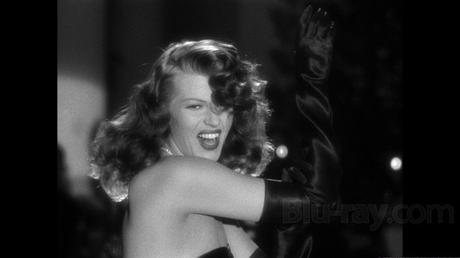
Harvey Weinstein was just the beginning. Now NPR’s Senior Vice president for news, Michael Oreskes, has resigned in the wake of allegations of sexual harassment. And I just learned that production of House of Cards has been suspended until Kevin Spacey’s alleged sexual abuse of two adolescent males can be investigated.
All these stories feature a man in a position of power taking advantage of people who, thanks to poverty, the need of a job, or simple immaturity, aren’t in a position to say no.
Money drives a host of social transactions that are often viewed as consensual.
In an important Atlantic article, Brit Marling mulls the fraught connection between sex, power and professional advancement.
Weinstein was a gatekeeper who could give actresses a career that would sustain their lives and the livelihood of their families. He could also give them fame, which is one of few ways for women to gain some semblance of power and voice inside a patriarchal world. They knew it. He knew it. Weinstein could also ensure that these women would never work again if they humiliated him. That’s not just artistic or emotional exile—that’s also economic exile.
Back in 1999 I started writing a novel I never published. I called it Stirring up the Stars and it featured a preacher named John and a stripper named Maggie.
Maggie dresses like Rita Hayworth in Gilda because that’s the image she wants to project.
When John walks into the Toy Box Maggie recognizes him as the guy who preached the funeral if a former patron. It helped that he was still wearing his “hi, my name is John” sticker he was wearing at the pastors meeting he had earlier left in disgust.
I didn’t have much trouble getting into the preacher’s head, but I had never considered how it feels to be a stripper. Who cares how strippers feels? Well, when I started inventing my character, I had to care.
In one scene, Maggie tells John that they have similar jobs. “People pay us good money to tell them they’re wonderful. And the better we are at making people feel good, the more money we make. It isn’t really about sex, or about God; it’s about saying whatever it takes to keep the customers coming back for more.”
Maggie has a point. Preachers who reinforce the settled convictions of their people are celebrated; those who tell stories no one wants to hear quickly find themselves looking for another church.
And preachers who lose a church become social lepers with little cachet in the ecclesiastical market place. Preachers who have never been driven into the outer darkness try not to think about the economics of pastoral life, but some of us don’t have that option.
What do preachers do when a message from God is burning in our bones, and the message is guaranteed to rile the faithful? The fire in Jeremiah’s bones got so hot he had to speak his fiery truth lest he die.
Prophets were not, are not, popular people.
Preachers have a certain power at their disposal, of course. A few parlay their prestige into seven-figure incomes, but that’s rare.
Pastors are powerful because we get close to people. Too close, sometimes. Religious professionals who take advantage of a parishioner’s vulnerability are easy to hate; but the manipulative dynamic works both ways.
In every congregation there are a handful of people the preacher must please in order to survive. You don’t know who they are until you’ve been in the pulpit for six months, but they make their presence known. Some of them are saintly folk, but they can be terribly troubled and vindictive souls lurking behind a facade of holiness.
You dare not tell these people what’s in your heart and on your mind.
We need to pay more attention to the economic realities that keep the fire shut up in our preachers’ bones until it consumes them from the inside. Because, when that happens, the entire congregation gets burned.
